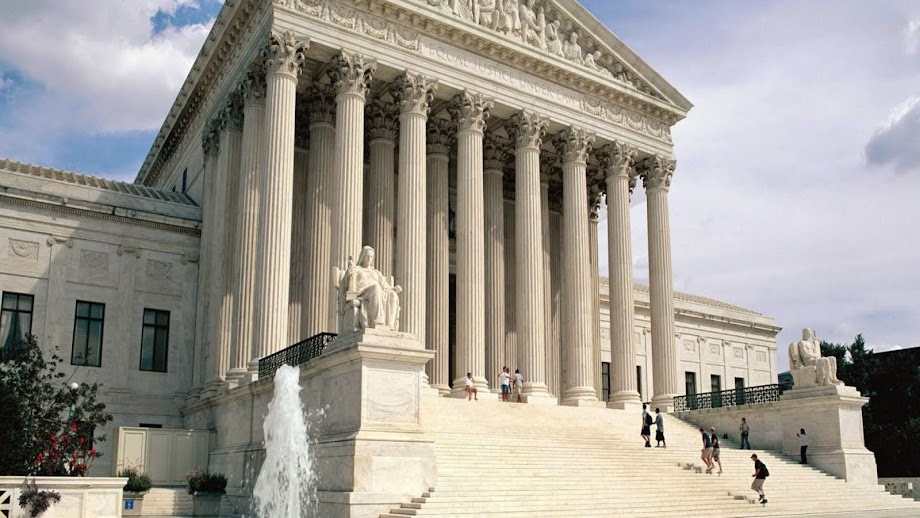The post was becoming extremely long, so I decided to split it into two. Here is the rest;
Korematsu v. United States, 1944
The case arose concerning the legality of Executive Order 9066, which ordered Japanese Americans into Internment Camps during World War II regardless of citizenship. The Supreme Court upheld the constitutionality of the relocation as a wartime necessity in a controversial 6 to 3 vote. Constitutional scholars now view the relocation as a major violation of civil liberties, and in 2011 the Department of Justice filed an official notice, conceding that it was an error, and erasing the case’s precedent for interning citizens.
· Brown v. Board of Education of Topeka, 1954
In 1951, thirteen Topeka parents filed a suit against the Board of Education of the City of Topeka, Kansas, calling for the school district to reverse its policy of segregation. The Court, in a unanimous decision, declared racially segregated public schools inherently unequal, and a denial of equal protection under the fourteenth amendment. The decision was a huge victory for the Civil Rights movement, paving the way for integration and having widespread consequences for the rights of minority groups.
· Baker v. Carr, 1962
Charles W. Baker and other Tennessee citizens alleged that a 1901 law that was supposed to apportion the seats for the state’s general assembly was entirely ignored. The case established the principal of “one man, one vote,” requiring the reapportionment of districts for some state legislatures. Apportionment is the determination of the proportional number of members each US state sends to the House of Representatives, based on population figures.
· Griswold v. Connecticut, 1965
The case centered on a Connecticut law that prohibited people from using any “drug, medicinal article or instrument for the purpose of preventing conception. In a 7-2 vote, the Court ruled that the law was unconstitutional, seeing as it violates the right to marital privacy. This decision was a victory for proponents of both privacy and women’s rights, and would serve as the legal basis or the future defense of a women’s right to abortion.
· Miranda v. Arizona, 1966
The Court was petitioned to address the constitutionality of a number of cases where defendants accused of crimes were interrogated while in custody, and deprived of their rights, such as right to counsel. In a split 5-4 decision, the Court established “Miranda Rights”, ruling that no confession could be admissible unless a suspect was made aware of his or her rights and the suspect had waived them.
· Roe v. Wade, 1973
A single pregnant woman in Texas by the name of Roe challenged the constitutionality of Texas criminal abortion laws, which prohibited the practice. The U.S. Supreme Court upheld abortion rights for women, striking down the law and others like it. The Court based its decision on the right to privacy established in Griswold v. Connecticut.

No comments:
Post a Comment